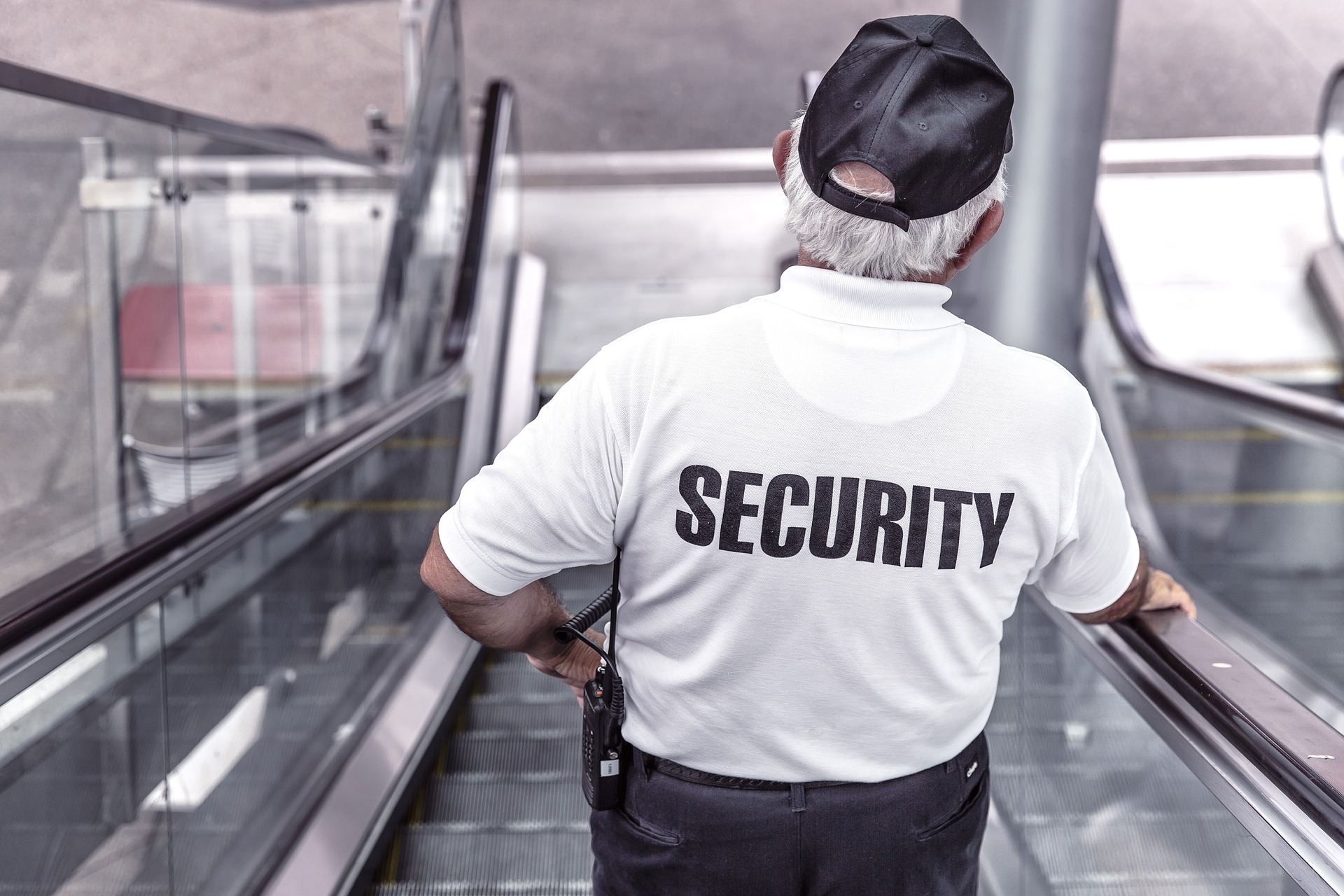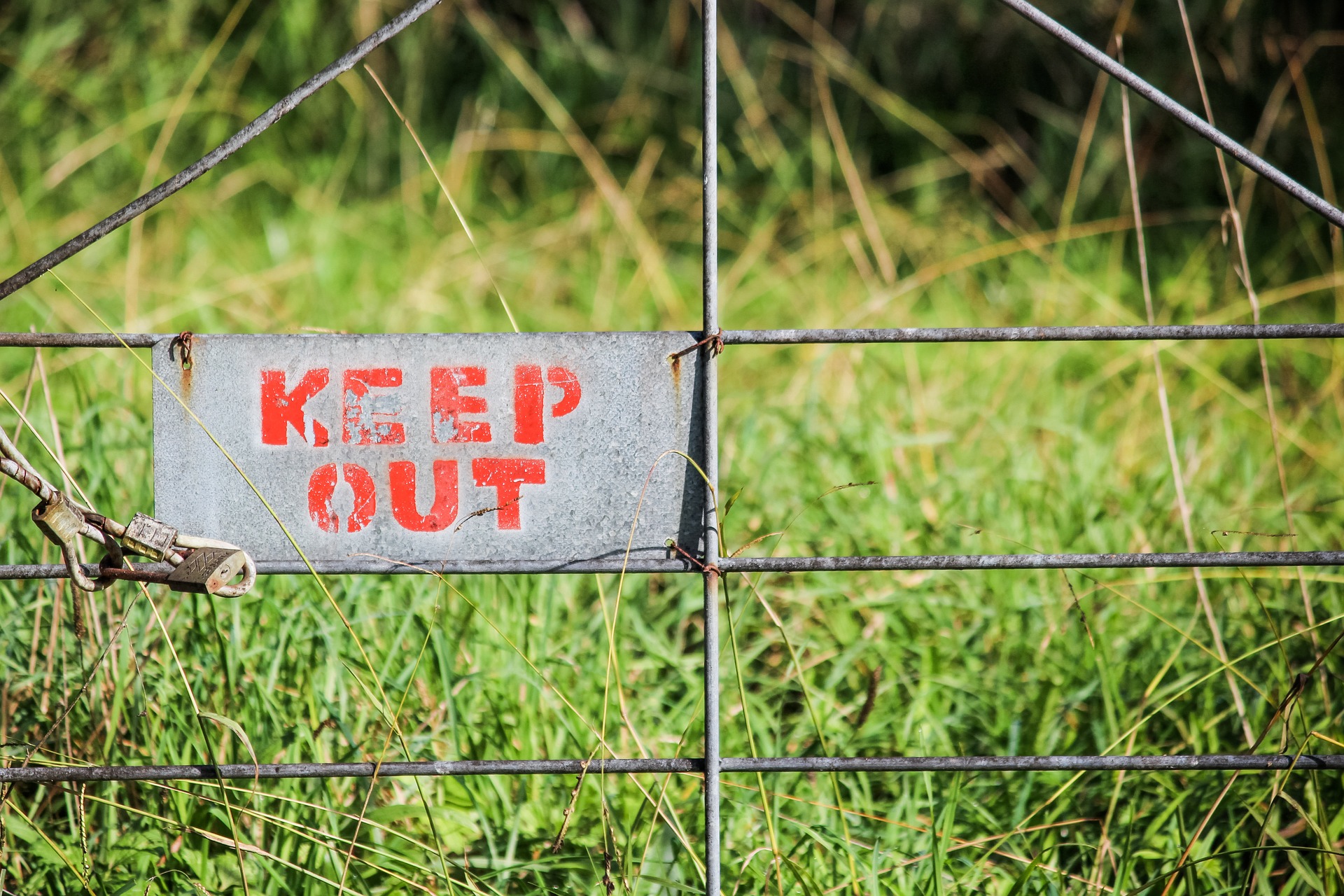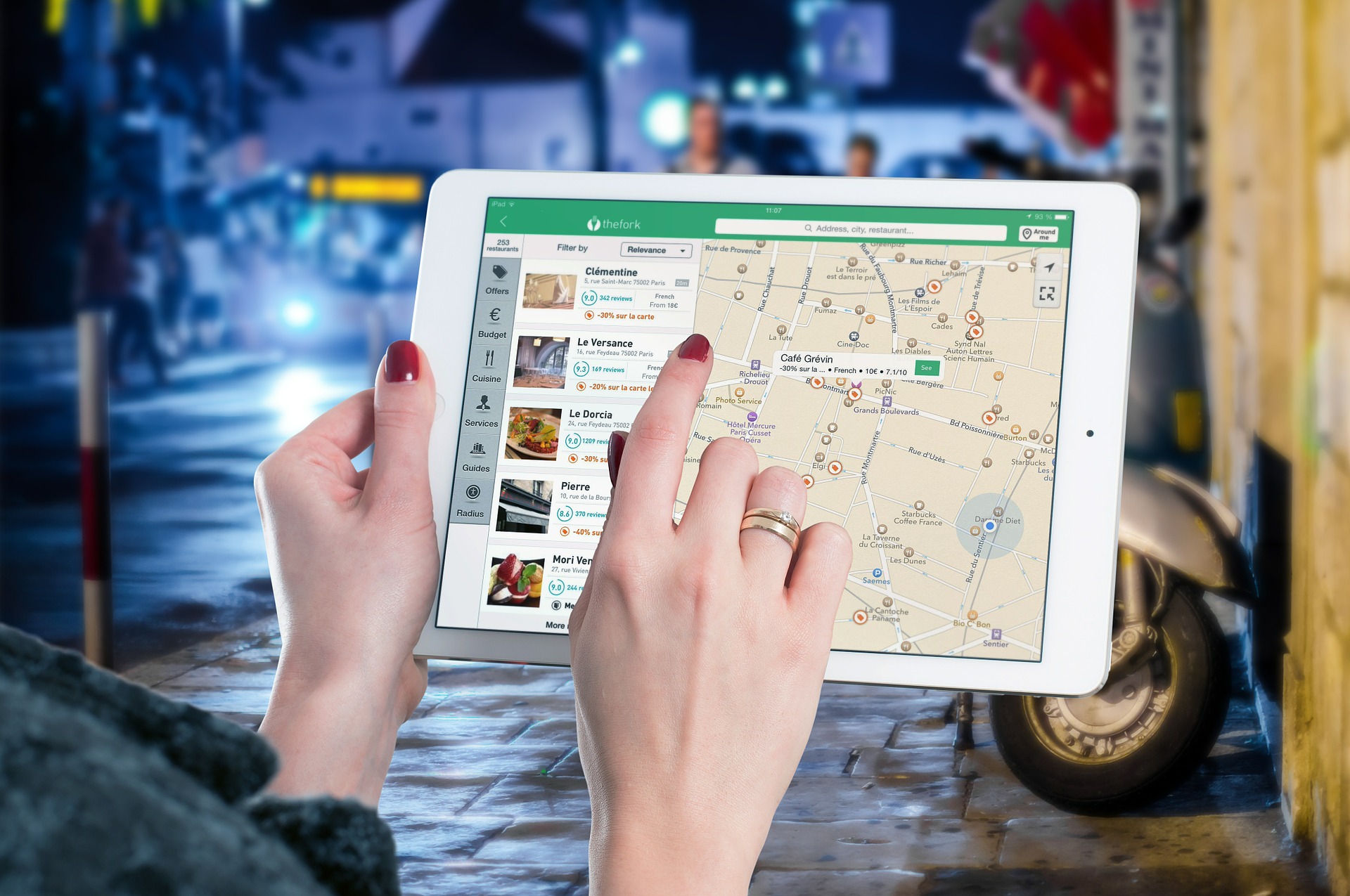Door-to-door Canvassing Guide - Safety During Canvassing
The first and foremost rule to follow during a door-to-door canvassing campaign is safety. To make sure everyone is safe, special attention from the campaign manager and the team members should be paid to safety and security. Ordinarily, the campaign manager will go over security precautions during dry training and will explain the rules for other canvassers to adhere to. Here is a list of some guidelines for the establishment of canvassing safety.

- Never canvass alone
It might seem like a simple guideline, yet it is often overlooked or neglected by the canvassers: do not canvass alone. Visiting residencies on your own is not permitted, regardless of the gender of the canvasser. There are several reasons why canvassing alone can turn into a disturbance, and the following are some of them.
Firstly, an individual canvasser can be assaulted by a stray or loose dog or several dogs and no one will be there to witness the accident. Even if a fence surrounds an individual residence, a loose dog can still find its way out, assault, or intimidate the canvasser. Moreover, in rural areas, an individual dog can be accompanied by several more.
Secondly, a canvasser who reads walk lists while moving around will stop paying attention to the surroundings and might be hit by a vehicle. Even if it sounds bizarre, it is easy for a canvasser to surrender focus being observing the assignment at hand.
Thirdly, a lone canvasser can be harassed or physically threatened by people on the street.
Lastly, being alone makes it easy to get lost. While visiting the neighborhoods for the first time, a canvasser can identify them as similarly looking and walk around in circles for some time before finding the correct path.

- Never enter a residency during door-to-door canvassing
Another very important rule that canvassers also neglect to obey is to never enter someone’s residence while making a visit. Conversely, a canvasser can approach sociable people who will engage him or her in a long and friendly conversation and will invite the canvasser into their apartment or house. Although this may seem like a legitimate thing to do, it can put the canvasser’s safety in danger.
Most of the time people who invite canvassers into their homes have negative intent, and entering a house jeopardizes the team member’s safety and leads to a criminal situation. If you are canvassing with another person, he or she might not even acknowledge which residency you entered, and the time spent on seeking for you can end harmfully for your person.
- Avoid confrontation
During political canvassing, people who strongly support an issue or a cause try to persuade the residencies to support the said cause or issue. Ordinarily, a conversation between the two actors can become heated. As a canvasser, you should never quarrel with the resident. Moreover, if a resident starts the squabble, you must immediately walk away.
The reason individuals execute door-to-door canvassing is to generate an opportunity for the canvassers to change people’s impression of an issue or a candidate. Squabbling with residents will not help in changing their minds, but will fuel their judgment. This is perhaps the biggest misconception in politics that a loud and argumentative style of debate can change the voters’ assessment. Instead, it only creates pressure.
- Spend 2 minutes at most at someone’s door
To some, it might sound astonishing, but the longer you stay at someone’s door, the more likely you are to get in danger. Sometimes, when you initiate a conversation with the residents on their porch, a group of people may start surrounding the area after several minutes. If the group has hostile intentions, you may be in danger.

- Watch other canvassers
It is not infrequent for individuals with different pasts to canvass collectively. Often people who would have never met otherwise end up visiting residencies simultaneously. For example, if your pair does not attend the occasion, you will be paired up with the next available person. Moreover, the canvassing captain may just line up and pair the team members haphazardly. In addition, canvassers may be sent from outside the state to help. Watch the body language of your new colleague. There is no harm in telling the campaign manager about the things that make you distressed.
- Do not walk on the streets
This rule every individual learns early in childhood: do not walk on the streets. For your safety, use sidewalks and pay close attention to your surroundings while crossing the streets. If you are walking on the street in a new neighborhood and feel secure as no cars are approaching, this may change briskly, especially in unsatisfactory weather conditions.
- Carry a communication device
When visiting residencies, carry your cell phone or other communication device with you in case you need to connect with your friends or authorities. In case of an emergency, you may need to use the device for yourself or someone else.
- Carry medications or medical devices
In case you do not feel well and if you are on medication, make sure to carry the necessary medicine with you. In addition, if you experience a serious medical condition, such as asthma, you are required to bring your medication with you.

- Bring a map and compass
Apart from having a communication device, make sure to bring a map of surrounding neighborhoods and a compass to keep you from getting lost. There is a chance that while walking around the neighborhoods you might leave the original canvassing perimeter or lose your phone signal. In that case, having a map and a compass can help to keep you out of inconvenience.
- Watch for your pair
During a political canvassing event, keep an eye on your designated canvassing partner. Make sure to follow their body language and notice when your companion becomes uncomfortable. If your colleague is not comfortable with continuing canvassing, cancel the occasion without hesitation.
Overall, safety comes first in door-to-door canvassing events, and you can cancel the event at any time if you or your partners feel distressed. There will be more canvassing campaigns seeking your participation in the future. There are also some software tools out there that can help canvassers like Walk Lists and Whip The Floor .
